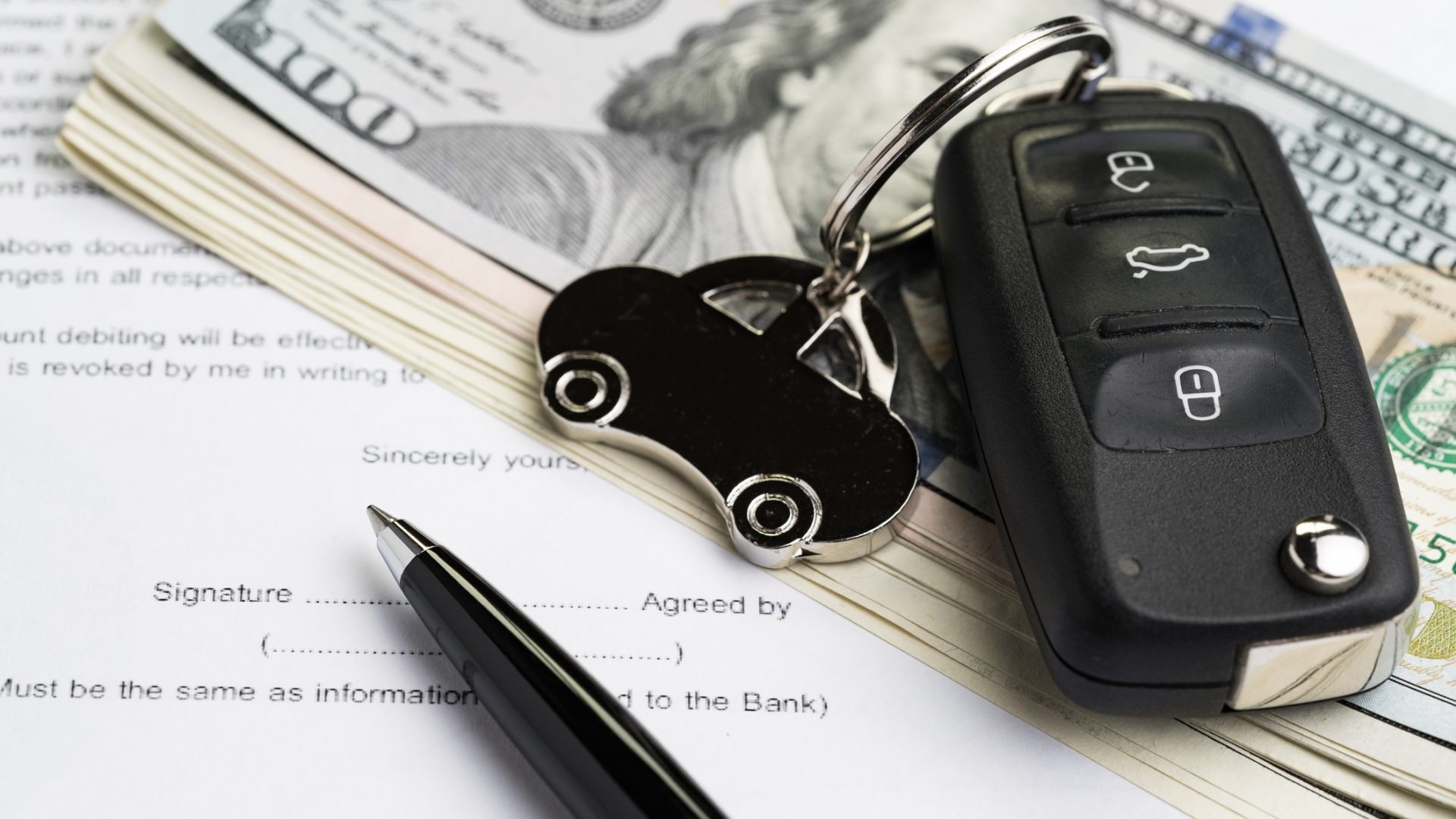
Deciding whether to buy or lease a car can be a tough one — especially on a fixed income in retirement. Now that you’re no longer commuting to work, you might be confused about the best route for your situation.
In 2024, the average monthly car lease payment was $638, according to Experian. At just $17 more, the average monthly car loan payment was $655.
For You: The One Vehicle Feature That’s Always Worth the Money for Retirees, According to Car Experts
Try This: 7 Ways To Tell If You're Rich or Middle Class -- It's More Than Your Paycheck
On the surface, these two payments are essentially the same, but that’s where the similarities end. Keep reading to learn three reasons retirees might benefit from leasing a car instead of buying.
Also here are five more times when it’s better to lease than buy.
Relying on Pre-Tax Accounts
The manner in which your assets are structured can largely impact whether you’re better off leasing or buying a car, said Thomas Limborg, certified financial planner (CFP), enrolled agent (EA) and associate financial planner at Quarry Hill Advisors.
“If they have enough in cash or money in taxable investment accounts, buying outright is simple and often what I recommend,” he said. “For those relying on their pre-tax retirement accounts like IRAs or 401(k) [plans] to cover the cost, a large withdrawal to buy a car can trigger unexpected taxes and impact Medicare premiums.”
Assuming you fall into the latter category, leasing can be a more tax-efficient way to manage the cost, he said.
Check Out: 7 Reasons You Should Switch To an Electric Vehicle in Retirement
Switching Cars Easily
If you tend to upgrade your car every two to three years, leasing might be a better option, said Samantha Mockford, CFP, accredited financial counselor (AFC) and associate wealth advisor at Citrine Capital.
You’ll get to enjoy the reliability of newer model vehicles and the latest technology that comes with them, without having to deal with the hassle of selling your old car.
Spending Less on Repairs
The average cost of a car repair bill is $838, according to Kelley Blue Book. If you’re not interested in spending money on time and labor to repair car issues, Mockford said leasing could be a good choice.
“Leasing costs more overall, but some people view it as a worthwhile price to pay for convenience,” she said. “When you lease a car, you are not responsible for its maintenance and repairs.”
Why Leasing Might Not Be for You
Leasing can be a great option for many retirees, but it isn’t the best route for everyone. If you’re on a tight budget, Mockford said this probably won’t help matters.
“Fiscally, leasing a car is akin to always having a car payment but not owning a car at the end,” she said.
Additionally, if you plan to do a lot of driving — such as road trips now that work is no longer a barrier to vacations — she said this might not be a great move, as leased cars often have mileage restrictions.
More From GOBankingRates
- Here's What It Costs To Charge a Tesla Monthly vs. Using Gas for a Nissan Altima
- Why You Should Start Investing Now (Even If You Only Have $10)
- 7 Tax Loopholes the Rich Use To Pay Less and Build More Wealth
- How Far $750K Plus Social Security Goes in Retirement in Every US Region
This article originally appeared on GOBankingRates.com: 3 Reasons Retirees Might Want To Consider a Car Lease







